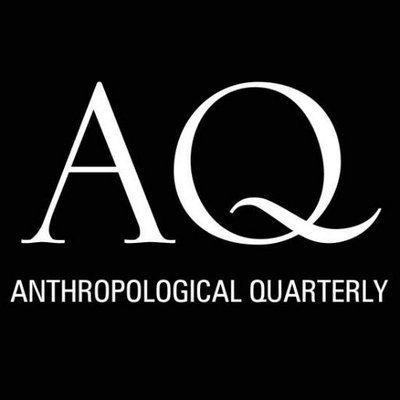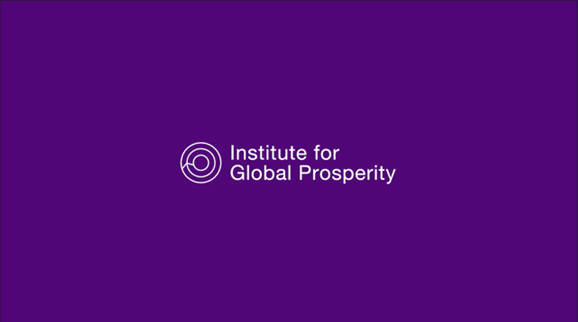
Published: Friday 17 May, 2002
Two events loomed large in the imagination of those employed by universities in England this year: the publication of the Research Assessment Exercise results and the agreement on a new review system for quality assurance in Higher Education. As topics for conversation, these two events seemed to have been experienced by most colleagues of my acquaintance as alternately alarming and tedious. These emotions, and other cognate to them, are probably quite rational responses to being monitored, evaluated and controlled. The members of higher education institutions are no different in this regard than employees of any other kind of institution: we are all worried that we might be found wanting, and resentment turns easily to ennui.
The research assessment exercise (RAE), as its name implies, monitors the quality of research in universities and is based on peer review. Its results are directly related to funding. The system for quality assurance, managed by the eponymous Quality Assurance Agency for Higher Education (QAA) relates to teaching. The new "lighter touch" was introduced in 2002 in response to heavy criticism from universities regarding the time and resources devoted to bureaucratic subject reviews of dubious worth. The results of teaching quality assessment are also related to funding, but, much more significantly, they are part of a move towards greater accountability and transparency for the "stakeholders" in higher education: that is funders, but also students, their parents and their future employers. Taken together, the RAE and the QAA are mechanisms that are used to inform funding allocations to universities, but they are also "league tables" whose comparative and competitive nature inform the views of government, staff, students, parents, employers and the public at large. They thus have an effect on recruitment of staff and students, and on external research funding where brand, name and image of the university are closely allied to performance as measured. There is nothing new in this, in the sense that elite universities have always claimed reputation and "name" based on superior inputs and outcomes. The difference now is in how these contemporary measures of performance are being used to reshape the university sector.
[...]


